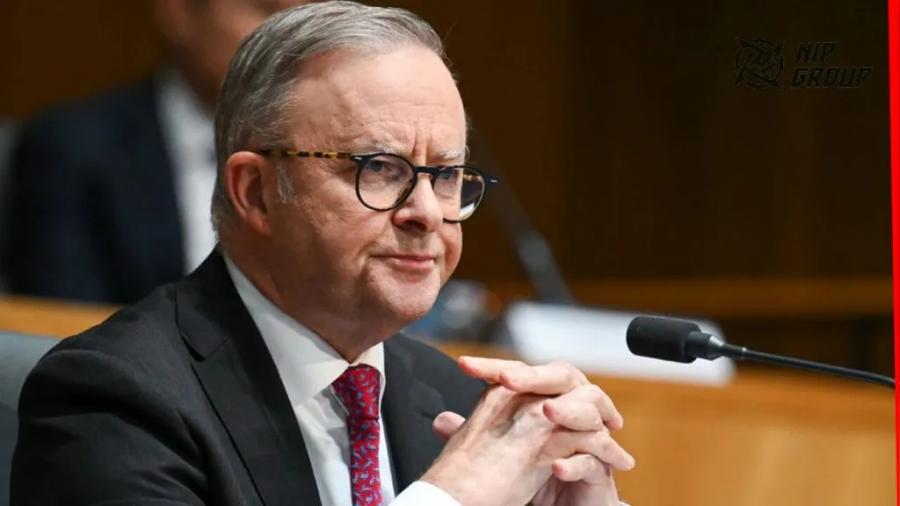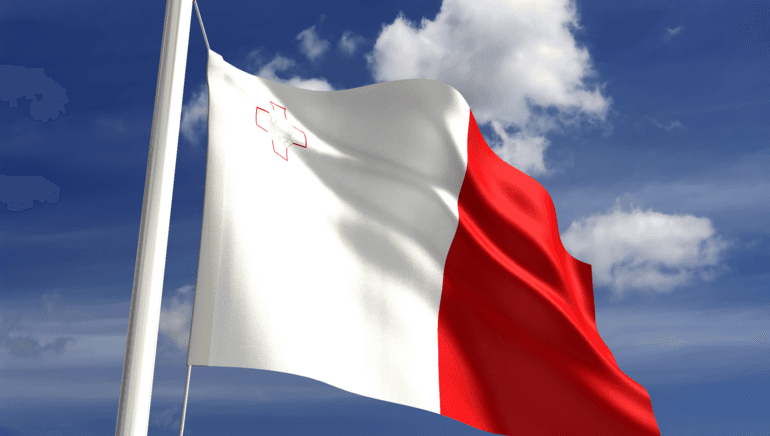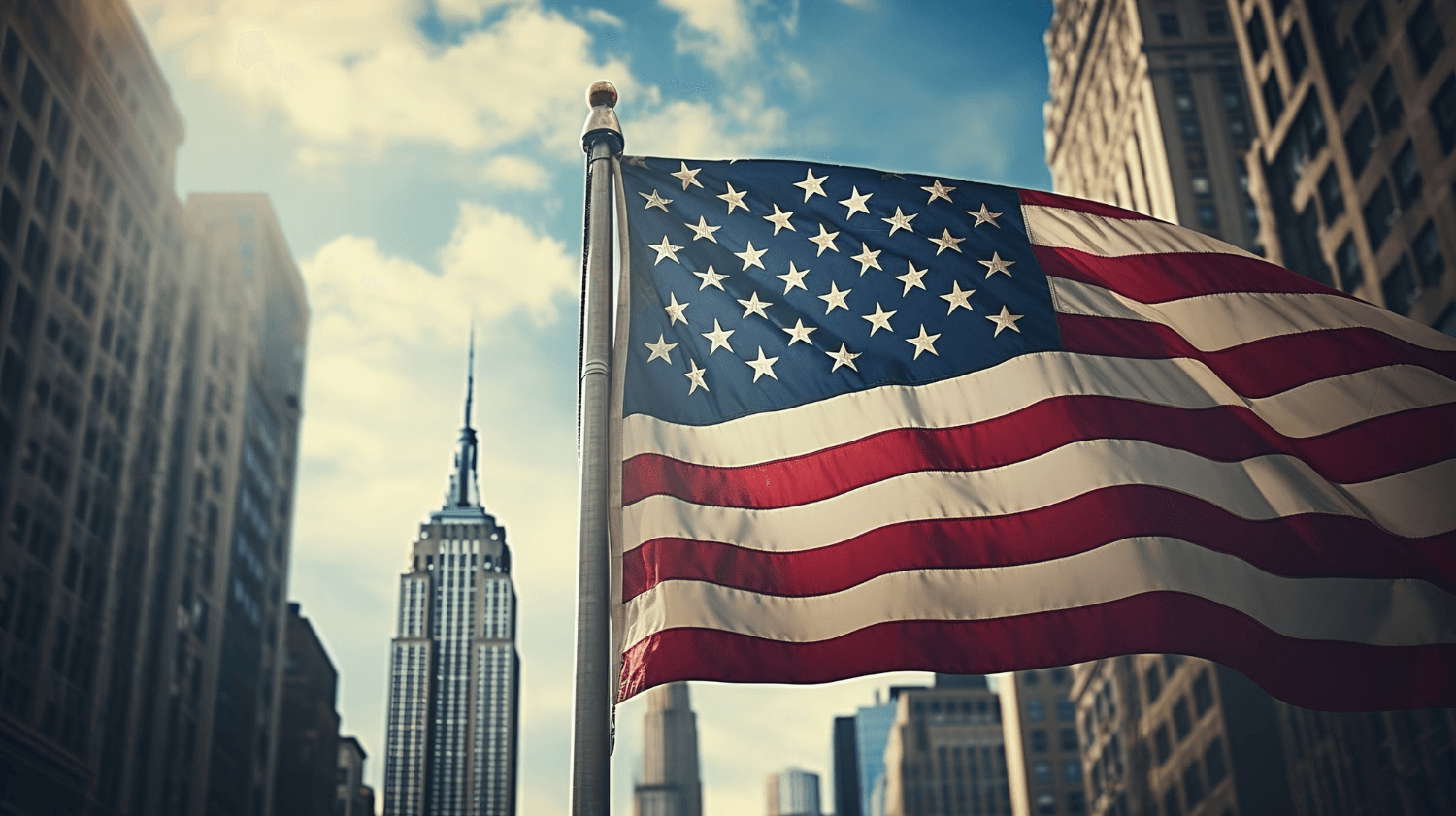
The Australian government has reversed its decision to ban gambling ads on television, a move that has faced immense criticism and backlash from anti-gambling groups and their advocates. This decision follows a series of high-profile meetings during which Prime Minister Anthony Albanese forged significant connections with leaders from the media, sports, and broadcasting industries.
Details of ban proposal
Growing concern over the number of betting promotions led to an initial proposal to ban gambling ads. The main complaints about these advertisements, aired during prime-time sporting events, were that they were normalising gambling among children and vulnerable people. A parliamentary inquiry led by the late Labor MP Peta Murphy identified gambling-related harm as an urgent issue to address.
The proposal initially aimed to eliminate all advertisements for gambling on television, radio, newspapers, and the internet within three years. This comprehensive approach sought to reduce youth exposure to gambling and create a healthier media environment.
Australian government reverses decision
The Prime Minister apparently had to rescind the decision after holding an intensive series of meetings with high-ranking media, broadcasting, and sports industry leaders. These meetings, referred to as “speed-dating” consultations, involved representatives from the AFL, NRL, and major television networks.
During these discussions, industry leaders highlighted the economic importance of gambling advertising to their operations, emphasising its role in funding broadcasts and grassroots initiatives. Instead of implementing an outright ban, the government proposed limiting gambling ads to a maximum of two per hour on every channel until 10 p.m. and banning ads one hour before and after televised live sporting events.
Gambling revenue is a lifeline for broadcasters and sports organisations. Delegates from both the AFL and NRL argue that this revenue helps keep ticket prices relatively low and funds community development initiatives. Without such funds, many organisations might collapse or have to downgrade crucial projects.
Grassroots sports programmes, often financed through gambling advertising revenue, would also suffer greatly under the ban. Industry stakeholders warn that alternative funding mechanisms may not be sufficient to fill the gap.
Reactions from public and political groups
Advocacy organisations such as the Alliance for Gambling Reform have criticised the government’s decision to back down. Carol Bennett, CEO of the Alliance for Gambling Reform, described the move as a “betrayal” of communities affected by gambling-related harm.
Bennett stated, “This decision is a betrayal of communities suffering from the devastating impacts of gambling. We expected action, not retreat.”
Political opponents have also criticised the government’s reversal, accusing it of prioritising corporate interests over public health. This decision could soon become a focal point for electoral debates.
According to research by the Australian institute, 70 percent of Australians want gambling ads banned. The government’s retreat could alienate such voters and lead to more public outcry. While the government has opted for restrictions rather than an outright ban, the issue is far from settled. Advocacy groups and political opponents are likely to continue pushing for stricter regulations. The current backlash could pave the way for future debates and more robust legislation.



 2025-01-24
2025-01-24




